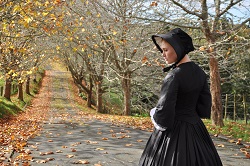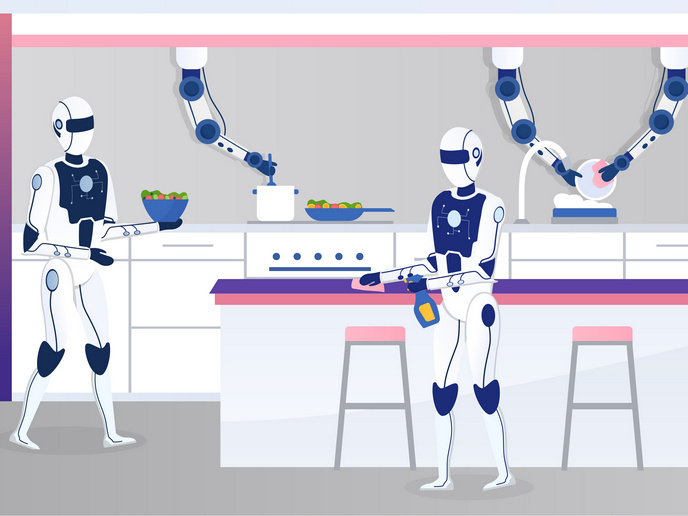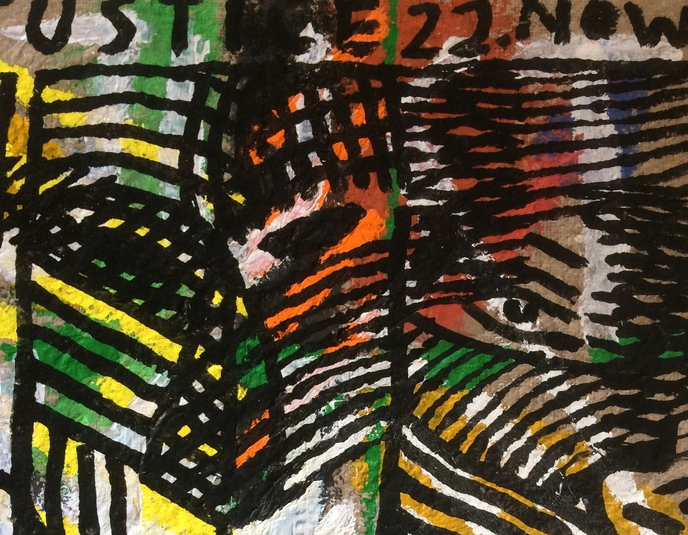What the popular craze for Dickens at the turn of the last century can teach us today
Game of Thrones, watched by millions in cultures across the world, its viewers vastly out-numbering the readers of the books behind the series, is a cultural phenomenon of our time. Travel back 150 years and the George R. R. Martin of the period was Charles Dickens. Although his viewing numbers were far lower, it was the dramatic adaptations of the books, then as now, that drew audiences in their droves wherever they were performed. The media may be different: the mechanism is the same. So, what is the impact of such shared ‘story telling’ on diverse cultures? How can the adaptions of the past shine a light on current copyright issues? What can be learned when it comes to bringing Dicken’s dramatic work to a new generation of audiences? These are just some of the questions research, conducted under a Marie Curie fellowship, set out to answer. “What we discovered during the course of the project,” says the principal investigator of the Adapting Dickens (Dickens, Adaptation, and the Nineteenth-Century European Theatre) project, Prof. Thomas Betteridge, “is that Dickens' novels were turned into plays and performed across Europe.” This wide adaption of Dickens’ work threw up issues relating to copyright which resonate today – for example how to stop staged adaptions being mounted in America before the actual books were printed. “In Dickens' day the new technology threatening artistic ownership was the telegraph, today it is the internet,” says Prof. Betteridge. But it’s not all about copyright. The project, explains Prof. Betteridge, also considered what adaptations are most appealing to modern-day audiences and how adaptations could be used in teaching. Prof. Marty Gould, who worked on the project alongside Prof. Betteridge, created a range of materials to help teachers use adaptation as a pedagogical approach when teaching Dickens. Prof. Gould will be further developing this side of the project’s work at the 2019 NEH Summer Seminar(opens in new window) on, “Reimagining Jane Eyre and Great Expectations: Teaching Literature through Adaptations.” This brings together 16 school teachers from across the US to study together for 3 weeks, with a focus on using adaptations (film, theatre, and fiction) to teach. As part of the research, Adapting Dickens conducted a workshop at Normansfield. “In particular we staged scenes from a play called a ‘Message from Mars’, which was a loose adaption of a Christmas Carol. But it could also be seen as part of the pan-European interest in Mars that took place at the turn of the nineteenth century.” Prof. Betteridge also staged the play ‘No Thoroughfare’ by Brunel University drama students, based on a short story adapted by Dickens and Wilkie Collins. “The students really enjoyed working on this play as it was highly melodramatic and therefore required them to work in a different way – in particular they could not perform this play in a naturalistic way since the characters were types.” Prof. Betteridge is currently working with his colleague Prof. Gould on a paper on copyright and the lessons Europe can learn from Dickens' struggles. “We also plan to build on the networks we have established with European scholars through this project to put together a pan-European project on the 'Mars Craze' of c.1900.”







